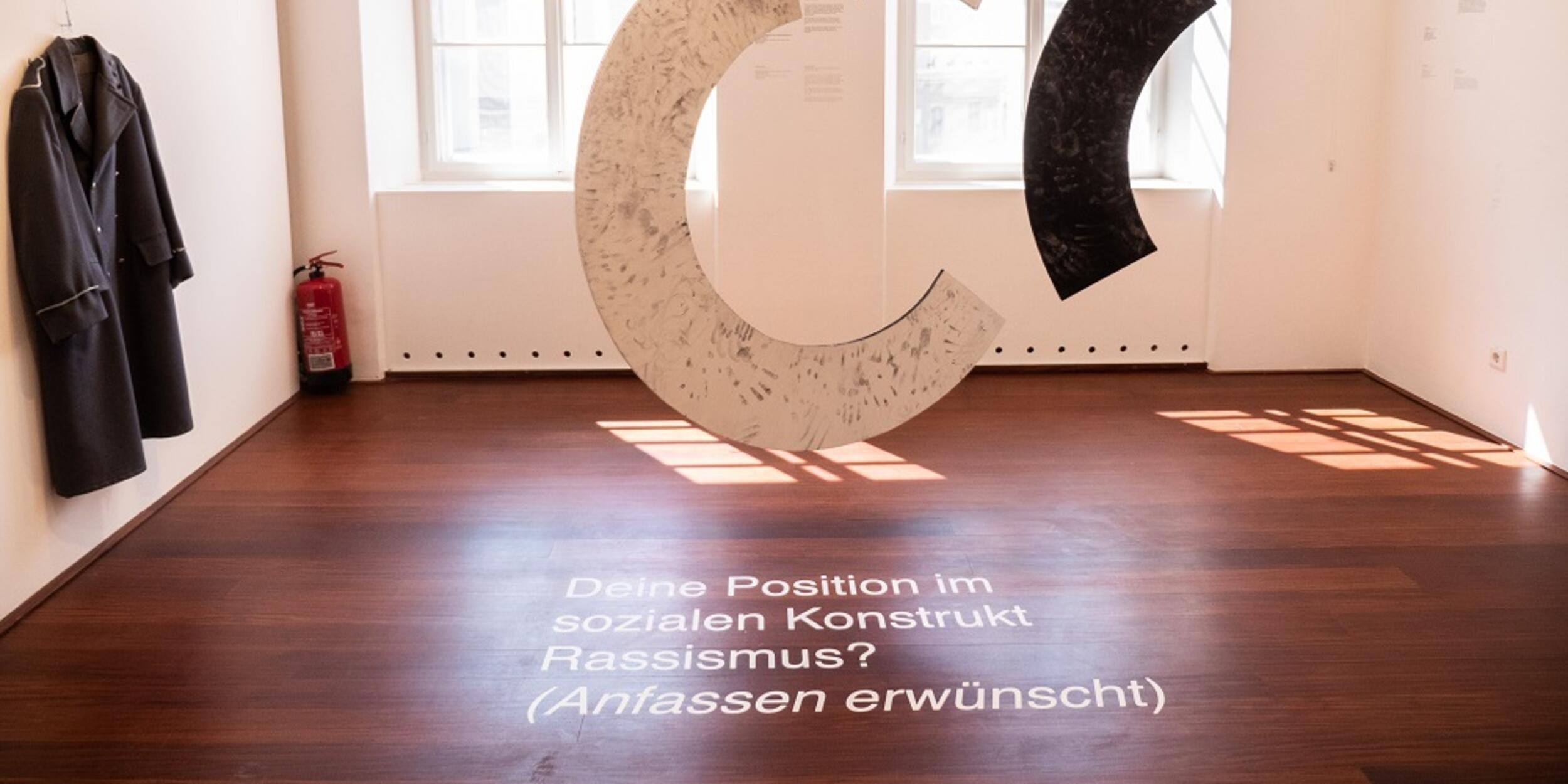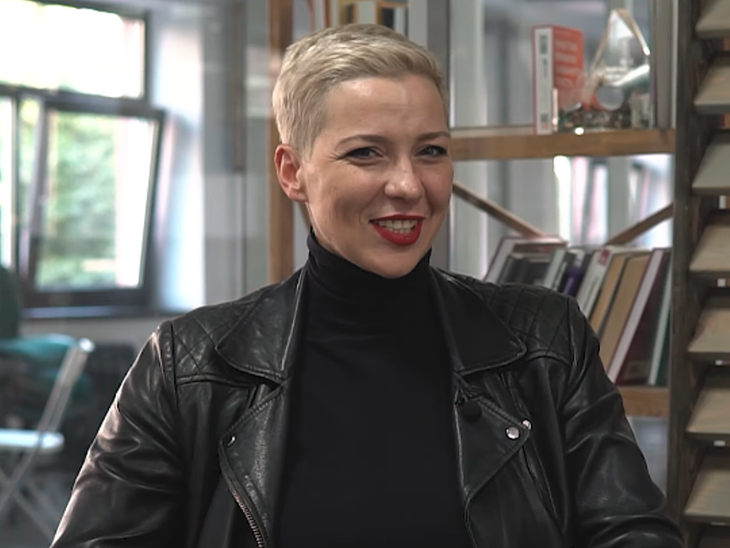
Establishing and developing the profile of an ensemble is one of the most demanding and, at the same time, most appealing challenges in artistic development. Many globally successful ensembles were formed during their studies, laying the foundation for an international chamber music career. However, existing study programmes alone can only provide limited incentives and framework conditions for this. The ensemble scholarship is the answer to this: convincing project proposals receive financial support for a period of one year to realise specific artistic projects.



